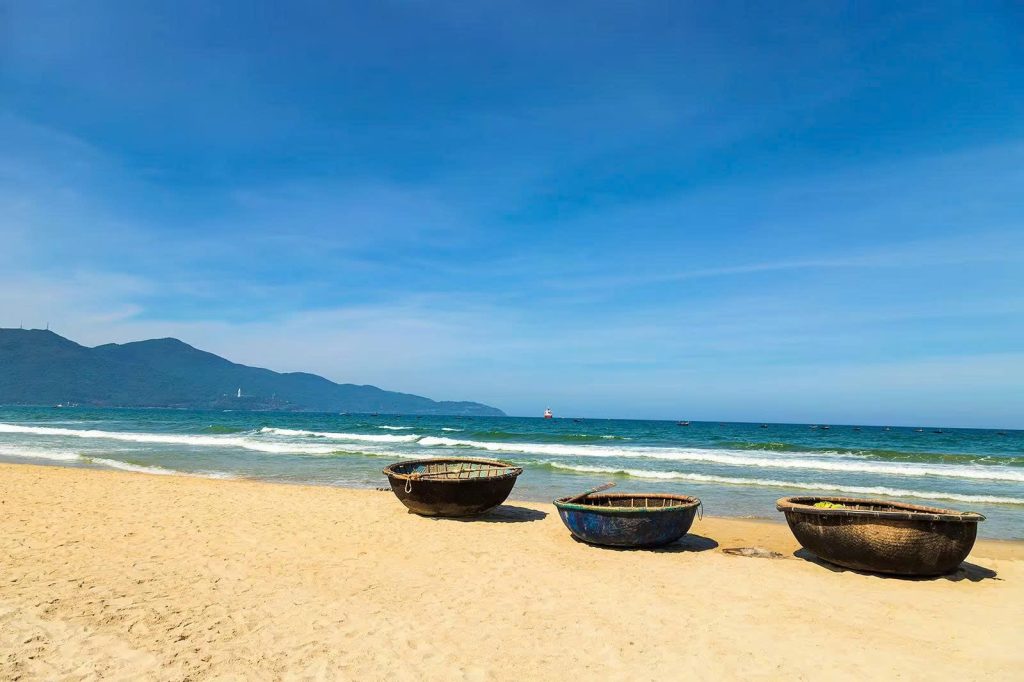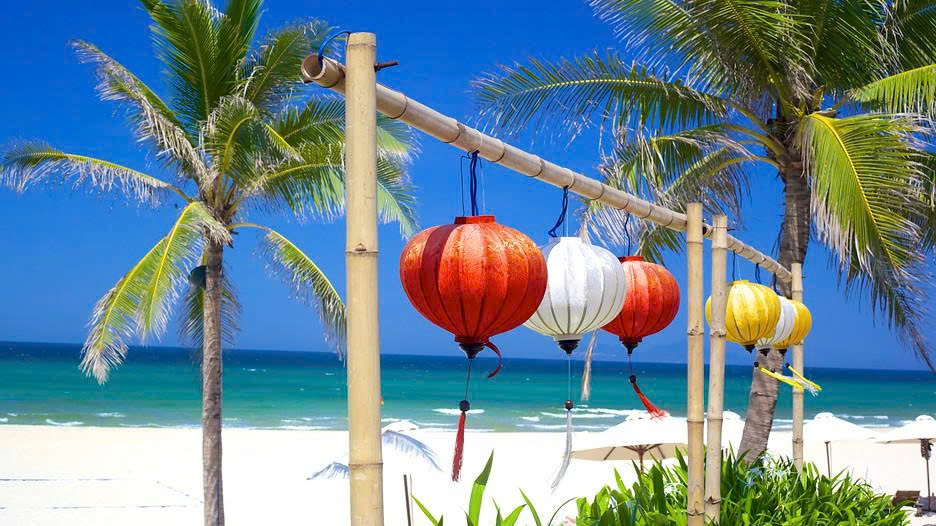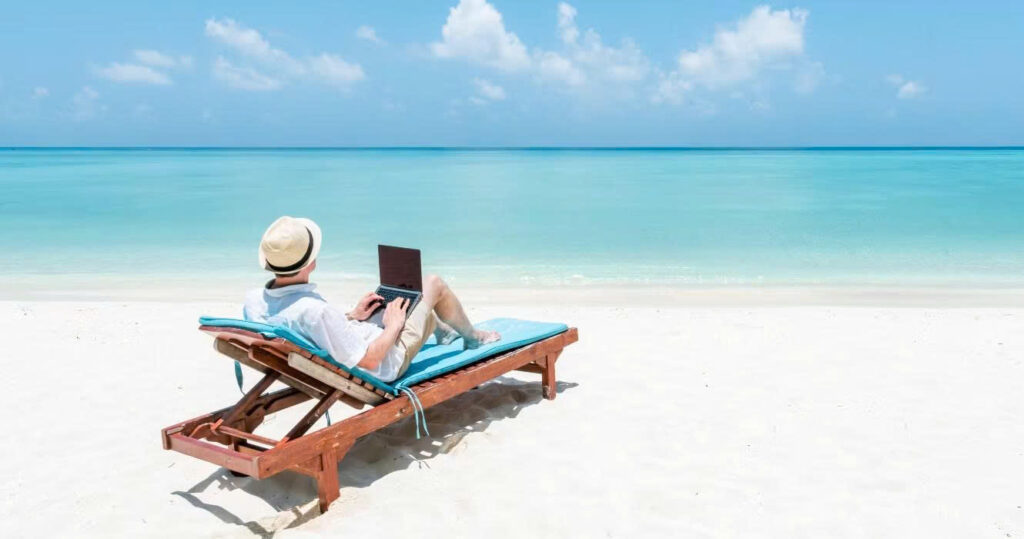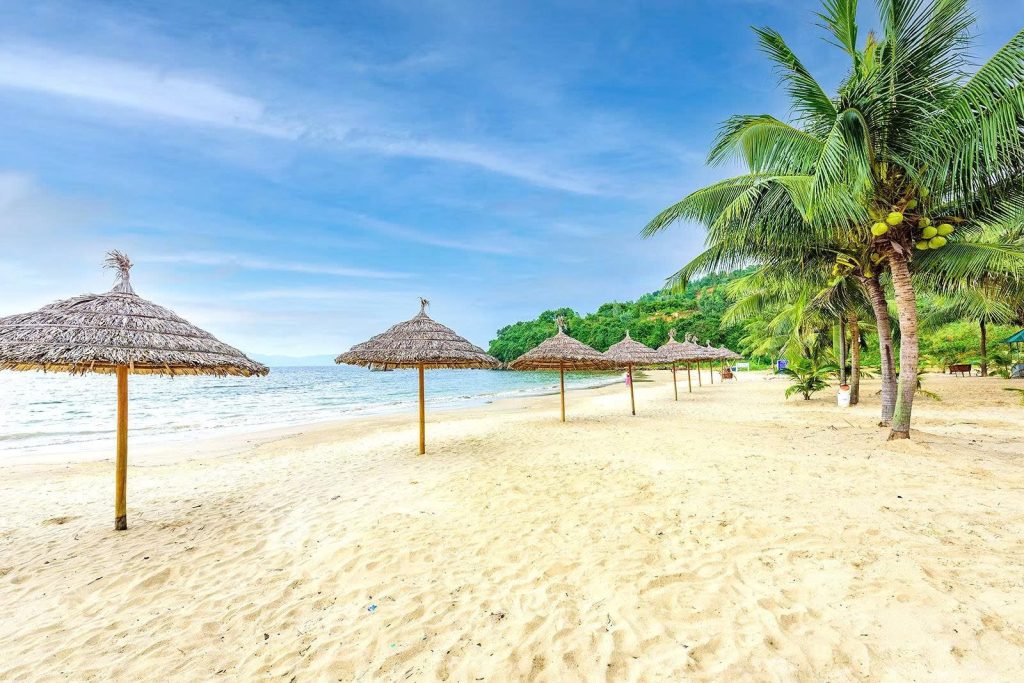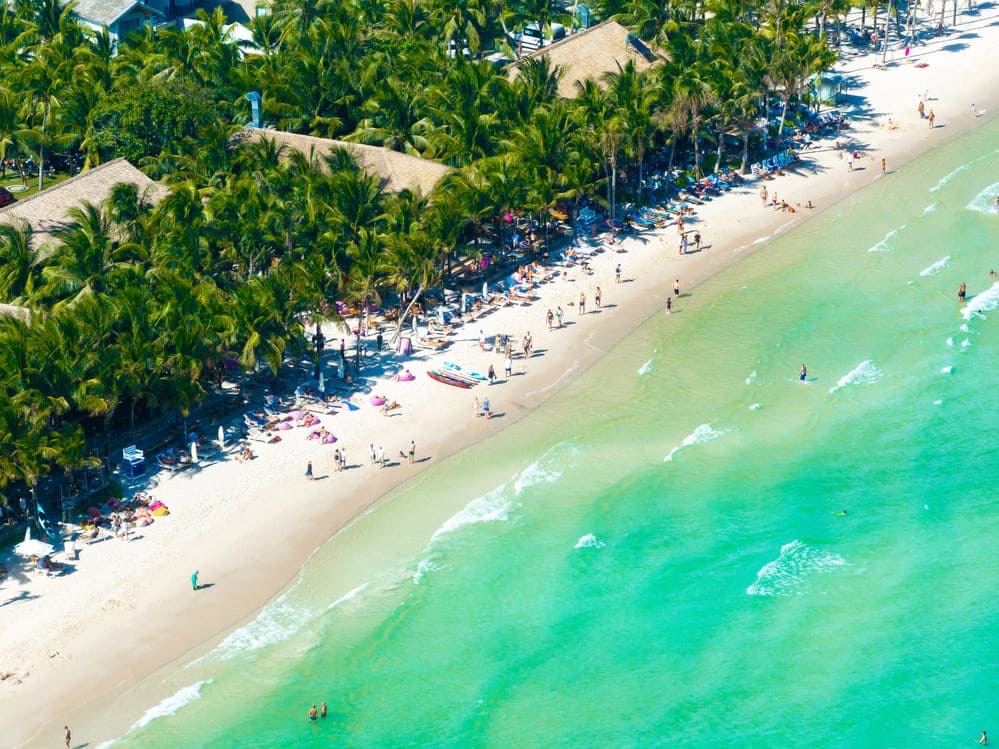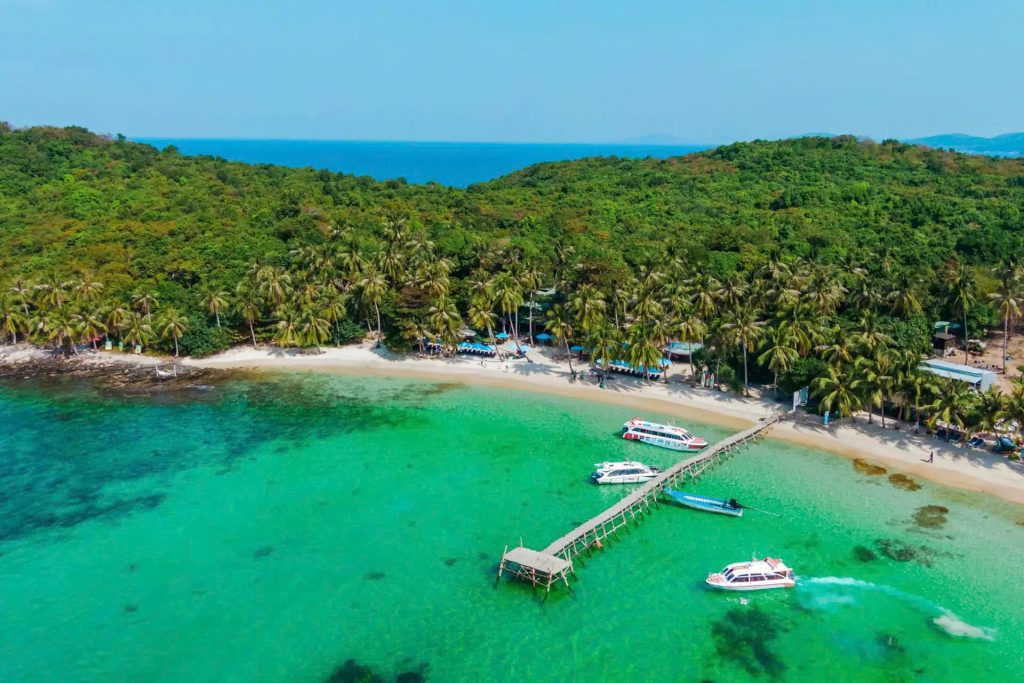Vietnam has long been celebrated as a haven for budget-conscious travelers and, increasingly, for digital nomads seeking an affordable yet vibrant lifestyle. As of mid-2025, its charm remains undiminished, offering a unique blend of rich culture, stunning landscapes, and incredibly low living costs. But while the general perception is that Vietnam is cheap, truly saving money requires strategy and local insight.
This comprehensive guide, informed by real-world experiences and expert financial practices, will show you exactly how to maximize your savings without compromising on the quality of your digital nomad life in Vietnam.
Understanding the Cost of Living in Vietnam: A Foundation for Savings
Before we dive into saving, it’s crucial to understand where your money typically goes. Vietnam’s affordability is a major draw, but expenses can vary significantly depending on your lifestyle and chosen city.
Average Monthly Expenses Breakdown for a Digital Nomad (Estimates as of Mid-2025):

- Accommodation:
- Shared Room/Hostel: $150 – $250 USD
- Private Room in a Shared Apartment: $250 – $400 USD
- Studio/1-Bedroom Apartment: $350 – $650 USD (varies greatly by city and amenities)
- Food & Drink:
- Street Food (per meal): $1.50 – $3 USD
- Local Restaurant (per meal): $4 – $8 USD
- Western-style Restaurant (per meal): $10 – $20+ USD
- Local Coffee (Cà Phê Sữa Đá): $1 – $2 USD
- Beer (Bia Hơi/Local Craft): $0.50 – $4 USD
- Transportation:
- Grab/Be motorbike ride (short distance): $1 – $2.50 USD
- Monthly motorbike rental: $50 – $80 USD
- Public Bus (in HCMC/Hanoi): $0.30 – $0.50 USD per ride
- Internet & Communication:
- Local SIM card with data: $5 – $10 USD/month (e.g., Viettel, Mobifone, Vinaphone)
- Co-working space membership: $70 – $150 USD/month (e.g., Toong, Dreamplex, Up Coworking Space)
- Visa & Immigration:
- E-visa (30 days, single entry): $25 USD (as of mid-2025)
- Visa extension fees: Can vary significantly, often from $100 – $300+ USD depending on duration and agent.
(Note: These are estimates. Prices can fluctuate based on inflation and specific locations within Vietnam. Ensure you verify information independently to confirm the most current figures.)
Actionable Tips to Maximize Your Savings in Vietnam

Now, let’s dive into the practical strategies that seasoned digital nomads use to keep their expenses low while enjoying the rich Vietnamese experience.
1. Smart Accommodation Choices: Your Biggest Saving Opportunity
For digital nomads, housing frequently represents the most significant cost. Making smart choices here can lead to significant savings.
- Prioritize Long-Term Rentals:
- Lease Agreements for Lower Rates: Instead of booking month-to-month on Airbnb or Booking.com, try to secure a 3-month, 6-month, or even 1-year lease. Landlords offer substantial discounts for longer commitments.
- Utilize Local Networks: Join Facebook groups like “Apartments for Rent in Ho Chi Minh City” or “Hanoi Expats & Rentals.” You’ll find direct listings from landlords or agents with lower commissions. Local real estate agents (môi giới) can also be helpful.
- Embrace Local Areas (Beyond Tourist Hubs):
- Explore Less-Hyped Districts: In Ho Chi Minh City, look beyond District 1 or 3 into areas like Binh Thanh, Phu Nhuan, or parts of District 7 (if you prefer more modern living). In Hanoi, consider Tay Ho (for community, slightly pricier) or areas like Cau Giay and Dong Da for more local living.
- Benefits of Local Living: These areas offer more authentic experiences, cheaper local markets, and a quieter atmosphere, often with better value for money.
2. Budget-Friendly Food Strategies: Savoring Vietnam Affordably
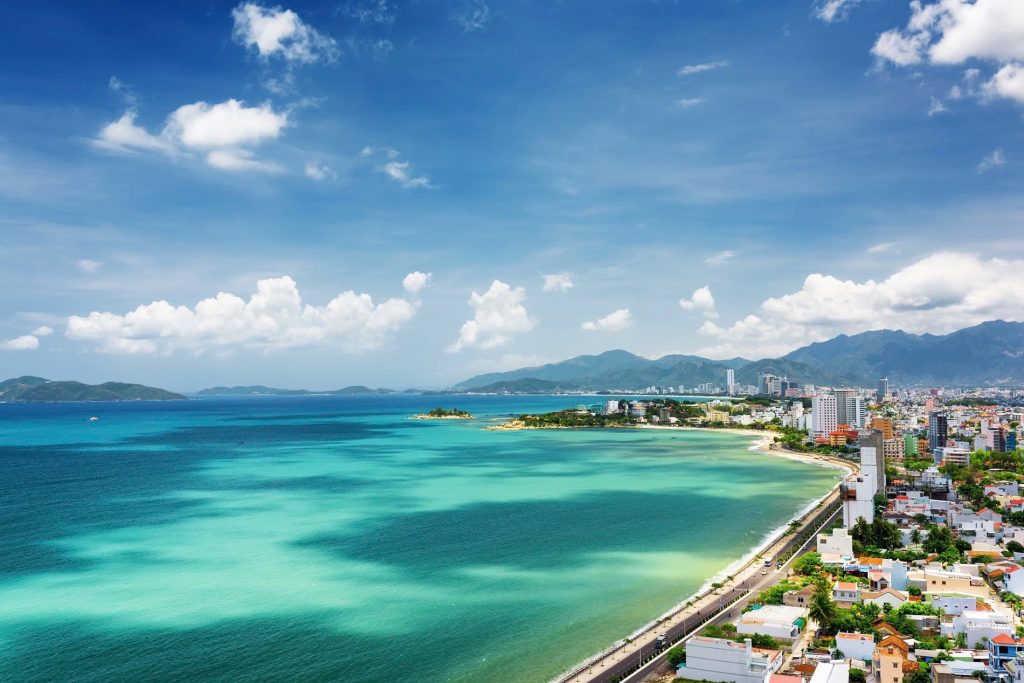
Vietnam is a foodie’s paradise, and eating well on a budget is incredibly easy if you know how.
- Embrace Street Food and Local Markets:
- Your Go-To for Delicious & Cheap Meals: Street food is not only incredibly affordable but also incredibly delicious and diverse. A bowl of Phở, Bún Chả, or a Bánh Mì will rarely cost more than $3.
- Shop Like a Local: Head to local wet markets like Bến Thành Market (HCMC) or Đồng Xuân Market (Hanoi) for fresh produce, meat, and seafood at a fraction of supermarket prices. Don’t be afraid to politely bargain!
- Cook Your Own Meals (Occasionally):
- Balance Eating Out with Home Cooking: While street food is cheap, cooking some of your meals can save even more, especially for breakfast or simple dinners. This also gives you the ability to manage what goes into your food and experiment with native dishes.
- Utilize Local Supermarkets: Co.opmart, WinMart+ (formerly VinMart+), and Lotte Mart are good options for groceries, though slightly pricier than markets.
3. Navigating Transport Economically: Get Around Smartly
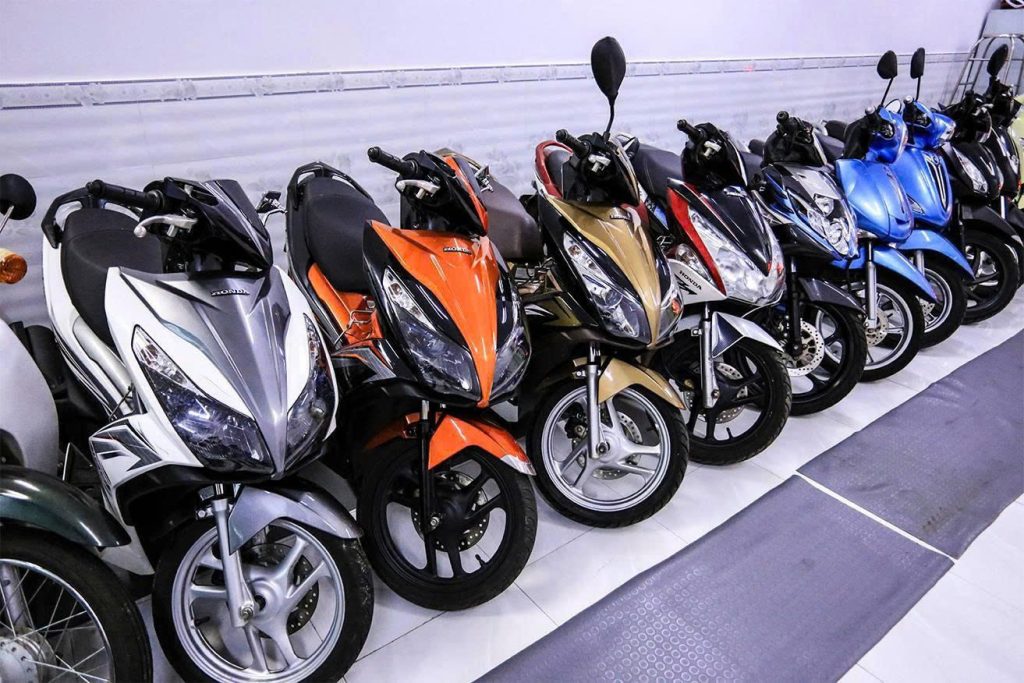
Transportation is surprisingly affordable in Vietnam, but there are still ways to optimize costs.
- Utilize Ride-Hailing Apps (Your Best Friend):
- Grab and Xanh SM dominate: Grab and Xanh SM are indispensable. For short distances, opt for a motorbike taxi (GrabBike/Xanh SM) – they are significantly cheaper and often faster in traffic than cars.
- Off-Peak Travel: Fares can surge during rush hours or bad weather. Plan your trips to avoid these times when possible.
- Consider Renting a Motorbike (For Longer Stays):
- Freedom and Cost-Effectiveness: If you’re staying for several months and are comfortable with traffic, renting a motorbike can be very cost-effective (around $50-$80/month plus fuel). This gives you immense freedom to explore.
- Safety First! Always wear a helmet, drive defensively, and ensure you have appropriate insurance and a valid international driving permit.
4. Managing Daily Expenses Wisely: Small Habits, Big Savings
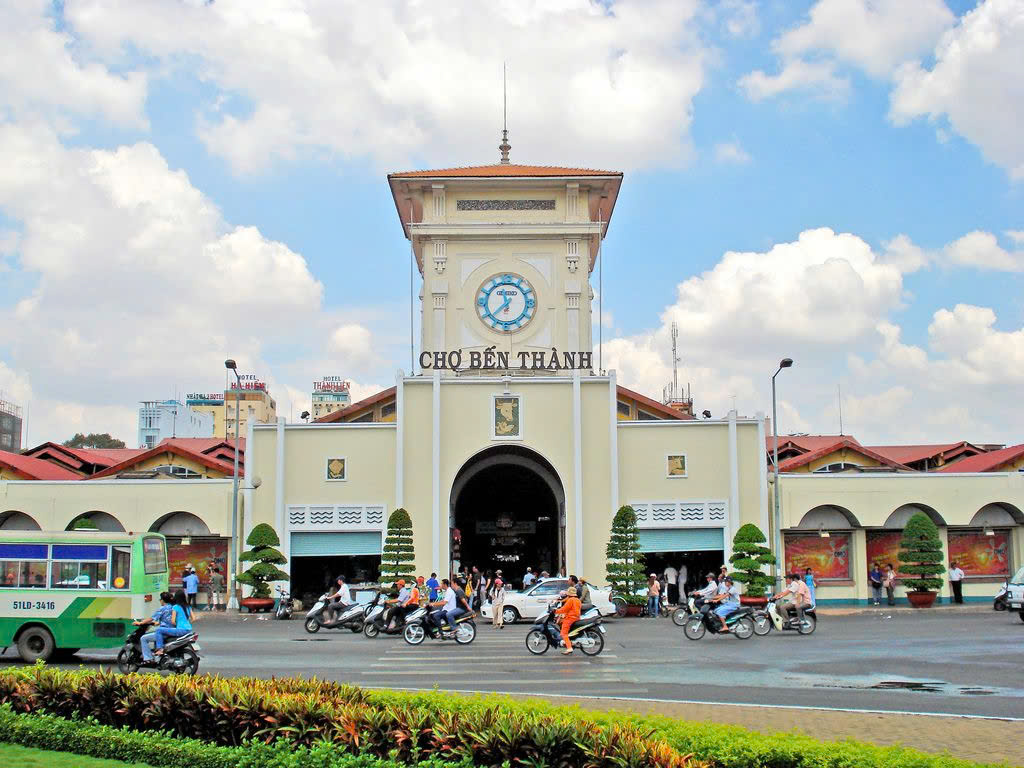
It’s the little things that add up. Being mindful of these daily habits can make a difference.
- Bargain at Markets (Politly!):
- It’s Part of the Culture: Especially at traditional markets or souvenir shops, polite bargaining is expected. Initiate your offer at roughly 60-70% of the listed price, then gradually increase it. A smile goes a long way! In Ben Thanh Market, start by offering 40% to 50% of the asking price and negotiate from there.
- Limit Western Amenities:
- Embrace Local Brands: Imported goods (e.g., cheese, specific Western snacks, cosmetics) can be very expensive. Opt for local alternatives where possible.
- Local Coffee Culture: Instead of expensive Western coffee chains, immerse yourself in Vietnam’s incredible coffee culture. Local cafes (quán cà phê) offer delicious and cheap coffee.
Choosing the Right City for Your Budget
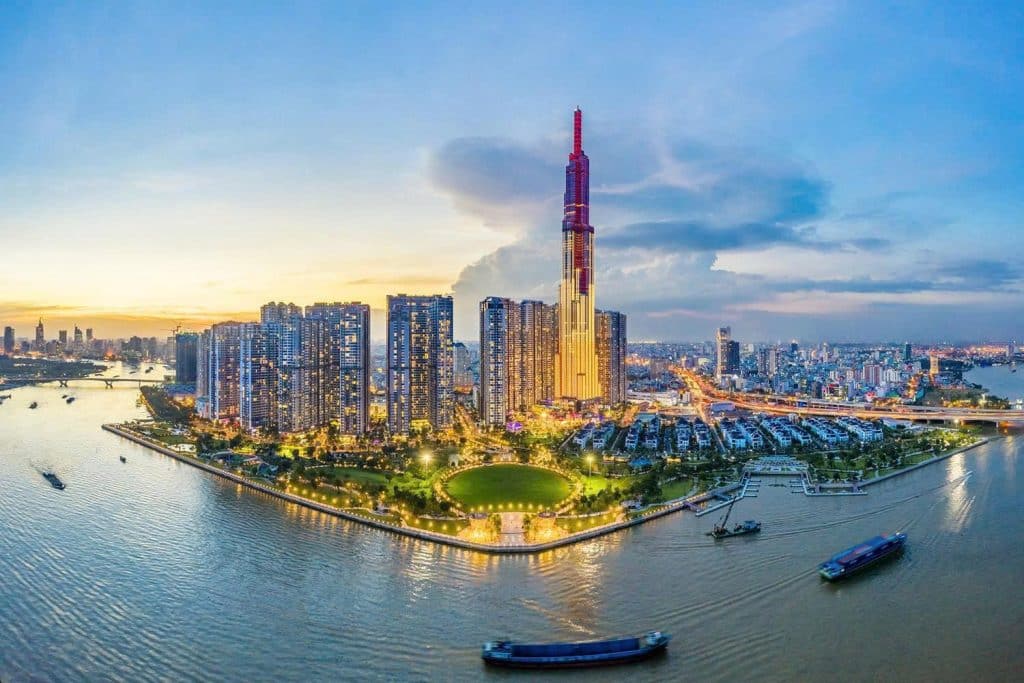
While the whole country is relatively affordable, some cities offer even better value for money.
- Hanoi vs. Ho Chi Minh City vs. Da Nang: Cost Comparison
- Ho Chi Minh City (HCMC): The most dynamic and largest city. Offers the most amenities and job opportunities (if you’re looking for local work), but generally slightly more expensive than Hanoi, especially for rent in central districts.
- Hanoi: The capital offers a charming, historic vibe. Living costs are slightly lower than HCMC, particularly for accommodation outside the Old Quarter.
- Da Nang: A coastal city known for its beautiful beaches and growing digital nomad scene. It offers a great balance between modern amenities and lower costs, often considered one of the most budget-friendly mid-sized cities for expats.
- Other Gems: Consider smaller cities like Hoi An, Nha Trang, or even Da Lat for an even more laid-back lifestyle and potentially lower costs, though amenities might be less diverse.
Financial Tools and Practices for Digital Nomads
Beyond daily spending, smart financial management is key to long-term savings.

- Utilize Multi-currency Accounts and Cards:
- Avoid Excessive Fees: Services like Wise (formerly TransferWise) or Revolut offer multi-currency accounts and debit cards that allow you to hold VND and other currencies, minimizing foreign transaction fees and providing favorable currency exchange rates for ATM cash withdrawals.
- Strategic ATM Withdrawals: Be aware that most Vietnamese banks (e.g., Vietcombank, Techcombank, BIDV) charge ATM fees (typically around 50,000 VND, or $2 USD) per transaction. Some international banks might waive these fees, or your multi-currency card might reimburse them up to a certain limit. Always check your bank’s policy.
- Budgeting Apps and Tracking Expenses:
- Stay Accountable: Use apps like You Need A Budget (YNAB), Mint, or even a simple spreadsheet to track every expense. Seeing where your money goes is the first step to controlling it.
- Set Daily/Weekly Limits: Give yourself a realistic daily or weekly spending limit for discretionary items (coffee, entertainment) to keep your budget in check.
RELATED: Digital Nomad in Vietnam: Best Cities, Costs & Tips
Vietnam is more than just a cheap destination; it’s a country that offers an incredibly rich cultural experience without breaking the bank. By adopting smart spending habits, making informed choices about where you live and eat, and leveraging modern financial tools, you can significantly extend your stay and truly thrive as a digital nomad here.
Embrace the local way of life, savor the incredible food, and connect with the vibrant communities. With a little planning and discipline, your digital nomad journey in Vietnam can be both fulfilling and financially sustainable.

